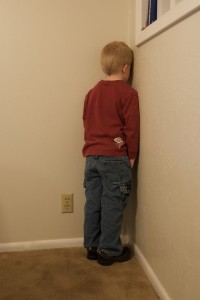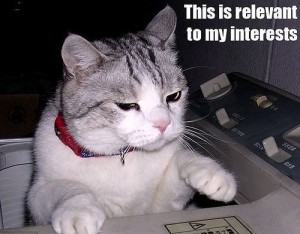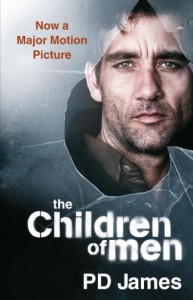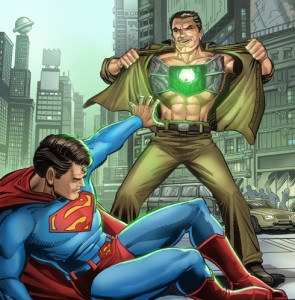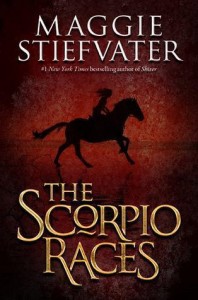I love my work-in-progress, but sometimes, we need to take a little time out. Sometimes, I get an idea for something else and it just won’t leave my mind. It consumes the creative parts of my brain, distracting me from my project and making writing time difficult. When this happens, I’ve found it to be more beneficial to take an hour or half a day or even a day off of my work-in-progress to write the scene or character sketch or plot outline that is distracting me. Then, when I return to my work-in-progress, I’m more focused.
What do you do when a competing interest jumps into the spotlight? Do you take a time-out or do you try to push through, ignore the urge and force yourself to focus on your current project?

